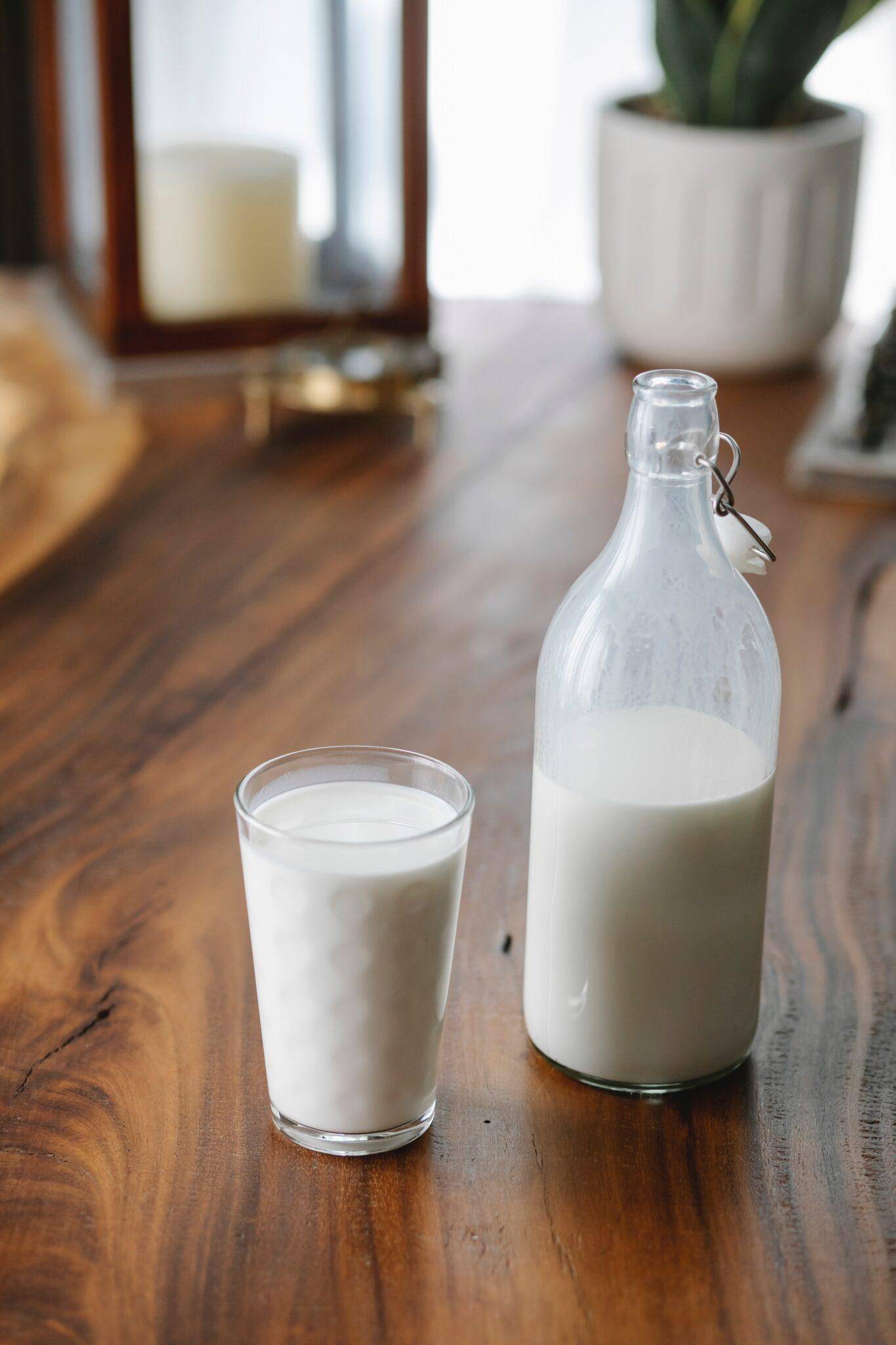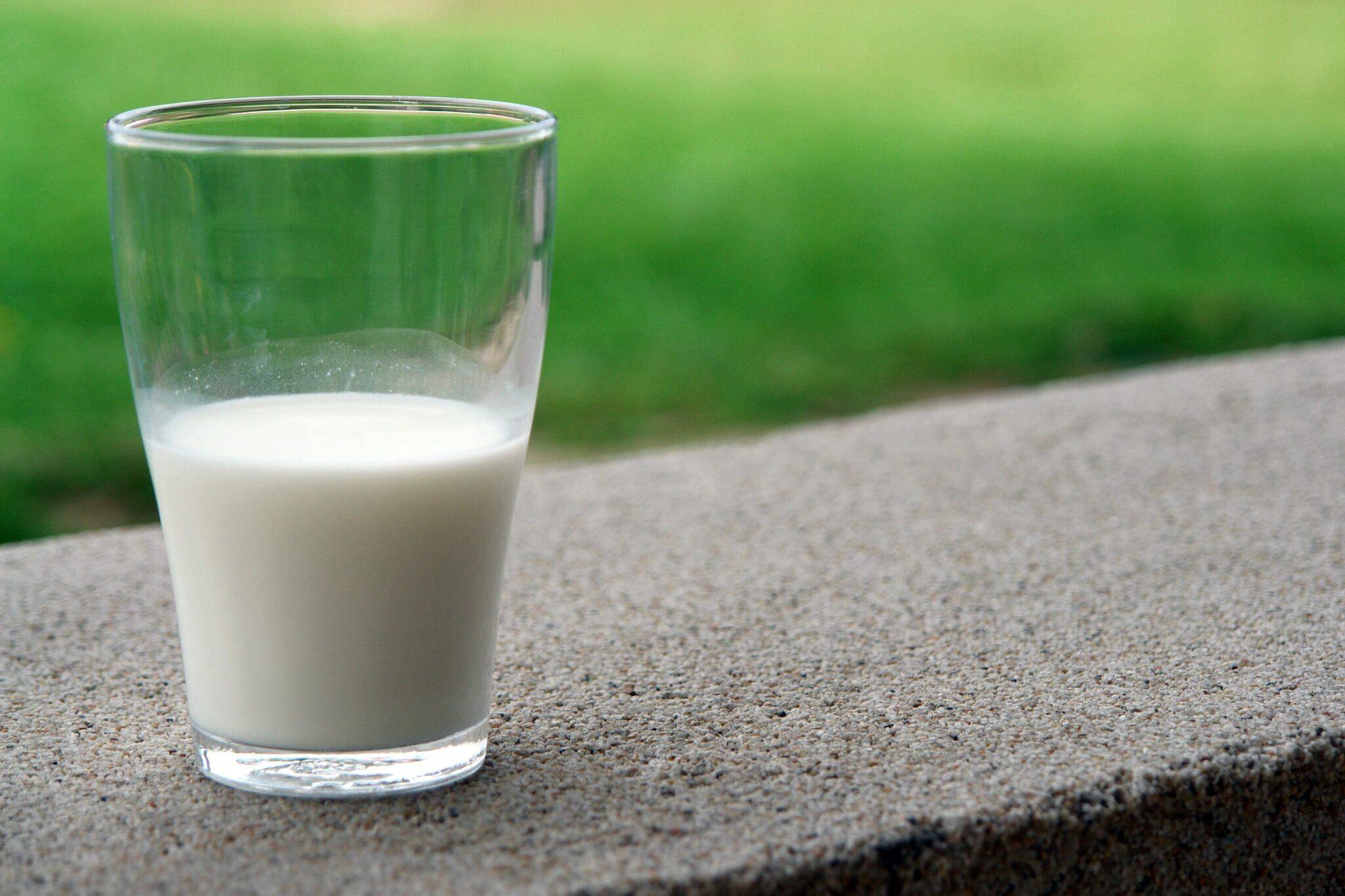Table of Contents
Carbs in Milk | Milk a Source Of Carbohydrates
In the year 2020, most people turned their attention toward personal health and fitness. Vaccine for covid-19 was anticipated, but people realized that this was the right time to get into good healthy habits in terms of food and fitness.
Also, people were mostly staying at home, so they had time to pay attention to their nutrition. Many people have started exercising daily, either at home or in the gym. Exercises show results only when they are complemented by a suitable diet.
Our body needs proper nutrition in order to function well. This mainly includes proteins, carbohydrates, and fats. We eat different kinds of food items to get all these macronutrients.
For example, we get proteins from fish, meat, eggs, milk, etc. Milk, butter, meat, and tropical oils give us the required healthy fats. And we found carbs in milk, whole grains, fruits, vegetables, and many more.
Amongst all the above-mentioned sources of macronutrients, milk is said to be one of the excellent sources of proteins, carbs, and fats. Milk is often easily available and hence easy to include in the diet. Today we are going to see how proteins, fats, and mainly the carbs in milk are beneficial for us.
First of all, let’s look at some nutrition facts about milk.
Nutrients In Milk
Milk is well-known for its rich nutrition index. Both the milk and milk-based products contain a good amount of proteins, fats, and carbs. Also, milk is a good source of various nutrients like:
- Calcium
- Phosphorous
- Potassium
- Vitamins A and B12
- Magnesium
- Zinc
- Riboflavin
Thus there is no doubt that milk is a nutrition-rich natural product in the world. It is not only rich in the above-mentioned nutrients, but also it is an excellent source of proteins, carbohydrates, and fats.
One cup of cow’s milk that is roughly around 240 ml will provide 7.7 grams of proteins, 8 grams of fat, and 11.7 grams of carbohydrates. As you can see, just 240ml has a great number of carbs in milk. But what all benefits can the carbs in the milk provide us with?
Further in this article, we are going to discuss what role carbohydrates perform in human nutrition. We will also see what type of carbs are obtained from milk and how they are different from the carbs that we get from other sources of carbohydrates.
But before that, let us understand what carbohydrates really are.
What are Carbohydrates?
Our body requires energy to function and to do the day to day activities. This energy is generally called calories. We get these calories from the different kinds of food we eat. The nutrients from which we get these calories are called macronutrients. Carbohydrate is one of the macronutrients, the other two being proteins and fats.
Carbohydrates, which are generally called carbs, can be obtained from various sources. But there are two types of sources from where you get the carbs. There are healthy sources, and then there are unhealthy sources of getting carbs.
It is true that you should pay attention to the amount of carbs you consume. But more than that, it is important which sources of carbs you choose. Here are both healthy and unhealthy sources to get your carbs.
Healthy Sources of carbohydrates are as follows.
- Unprocessed or lightly processed whole grains.
- Vegetables
- Fruits
- Beans
- Dairy products such as milk, yogurt, etc
Unhealthy sources of carbohydrates are as follows.
- White bread
- French fries
- Pastries
- Other highly processed food items
The processed food contains easily digestible carbs, which can lead to weight gain, diabetes, and heart diseases. Whereas carbs in milk, which is a healthy source of carbohydrates, contain vitamins, minerals, and fibers that benefit our body in many ways.
Why Do We Need Carbohydrates?
Carbohydrates are the body’s main source of energy as we get calories from them. Primarily it provides energy to the brain and muscles. Later on, these calories are spent on the activities you perform throughout the day. In their absence, your body will use protein and fat for energy.
Basically, carbohydrates help your body function by providing energy to perform various tasks. Whereas proteins help to repair and build new tissues and fat provides food energy. All three of them work together to run our body efficiently.
Types Of Carbohydrates
Carbs are divided into three main types, and they are as follows.
- Sugars – They are simple carbohydrates because they are present in their most basic form, and no breakdown is needed to gain energy from them. You can get sugar from fruits, vegetables, and milk. Moreover, it can also be added to different food items like cakes, candy, or other processed food. It is advised to avoid such sugar, whereas natural sugar is considered healthy.
- Starch – These are complex carbohydrates that are basically made up of a number of sugars attached together. The body needs to break down such carbohydrates into sugars to extract energy from them. Examples of starch are bread, cereal, pasta, certain vegetables like potato, peas, corn, etc.
- Fibers – Even fibers are complex carbohydrates. The body does not digest most of the fibers. It is advised to include more fibers if you want to lose weight as your stomach feels full after consuming fiber-rich food. Most plant-based food contains fiber like Fruits, vegetables, nuts, seeds, and many more.
Carbs In Milk And Milk Products
Whether it’s a full cream milk or skim milk, or any other type of milk, you will find carbohydrates in milk no matter what type it is. However, the number of carbs in milk may vary.
A glass of full cream milk has a larger fat percentage by weight as compared to skim milk, but the percentage of carbohydrates in skim milk is greater than that of full cream milk. The rule of thumb is, as fat is reduced, the carbs in milk are increased.
For people on a low carb or keto diet, it is important for them to monitor the carbs in milk as they are supposed to cut off carbs. Generally, it is advised not to consume cow milk if you are on the keto diet, as cow milk contains too many carbohydrates. However, coconut milk or almond milk can be used for keto.
We have seen earlier that milk contains a large number of carbohydrates along with proteins and fats. 5% of milk consists of carbohydrates, or 4.9% to be exact. The carbohydrates found in milk are in the form of simple milk sugar, also known as lactose. Our body further breakdowns this lactose into glucose and galactose.
Both of these are then carried by the blood and taken to your liver to get absorbed. And that’s how carbohydrates in milk or any other milk products are consumed by our body.
Carbohydrate in milk is called lactose or milk sugar, and as we have already discussed, an enzyme called lactase is required to break down this complex carbohydrate in milk, which is into glucose and galactose, which are more easily absorbable forms of carbs for the digestive system.
Unfortunately, in some cases, this lactose enzyme is not produced by the body, and hence it is not possible to digest the carbohydrates in milk. This condition is known as lactose intolerance.
Conclusion | Carbs In Milk
The bottom line is, milk is an excellent and a well-balanced source of proteins, carbohydrates, and fats. It is also rich in various vitamins like vitamin D. Also, you get lactose which is a type of carbohydrate in milk or other dairy products, and it is not obtained from any carbohydrate source like vegetables and fruits.
It is important that you include all the macronutrients in your daily diet. Also, you should consume both types of carbohydrates, which are simple carbs and complex carbs.
Every individual has a certain amount of calorie level to maintain every day. Your intake of proteins, carbs, and fats should be adjusted according to that. 40 to 45% of total calories should comprise carbohydrates, 10 to 35% proteins, and the remaining 20 to 35% calories from fat.
Maintain this balance for a healthy lifestyle. You can choose different plant-based carbohydrates if you are suffering from lactose intolerance.
Now, to sum up everything that has been said so far, carbohydrates in milk and other dairy products are as important as consuming carbohydrates from plant-based sources like whole wheat, fruits, and vegetables.
This is because carbohydrates are available in different forms, and each type has various benefits for our body.
Carbohydrates in milk and milk products like yogurt give you lactose, whereas vegetables and fruits are rich in fiber and starch-type carbohydrates. Lactose is important as it contains calcium and vitamin D. It is important for a better immune system and vision.
On the other hand, fibers help to clean up your digestive system and a good choice for those who are willing to lose weight.
If you still have any queries about carbs in milk or any other health-related query, feel free to ask us in the comment box given below. Also, let us know if you have any suggestions or feedback. Thank you.







